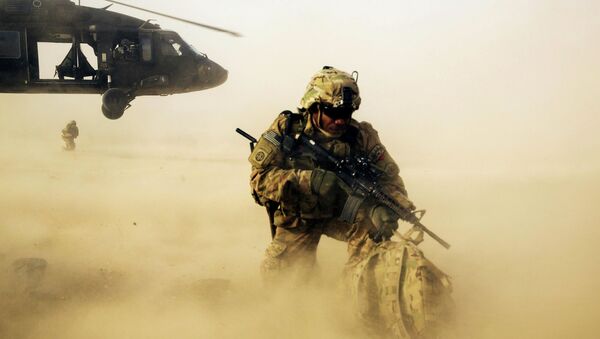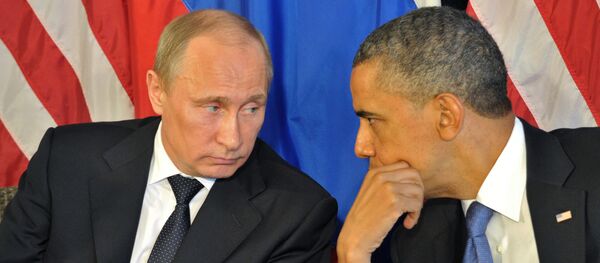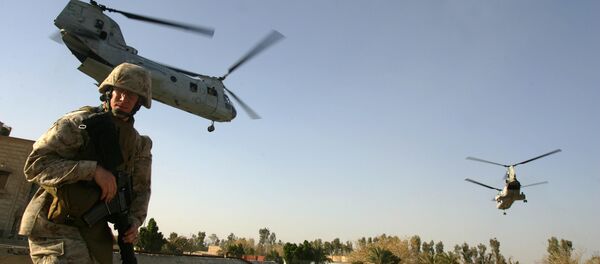In the last two decades the Navy SEALs have played an increasingly crucial role in the US' operations overseas.
The SEALs "participated in the recurrent night raids during the war in Iraq, missions in Afghanistan (carried out by the Task Force 373), rescue of the American merchant mariner Richard Phillips held hostage by Somali pirates, assassination of Osama bin Laden (SEAL Team Six) and many other clandestine operations," the analyst narrated.
Iraqi papers full of stories today about US Special Forces troops and Apaches operating in Ramadi
— Joel Wing (@JoelWing2) 24 декабря 2015
The US does not deny that special forces exist but the US leadership is reluctant to provide details of the operations they are tasked with carrying out. Especially those operations that did not pan out as planned.
"Washington tries its best to conceal the cases of unsuccessful missions attempted by these units," the analyst pointed out.
"It cannot be ruled out though that special units carrying out missions in Syria and Libya might be targeting not only terrorists from the Joint Prioritized Effects List, but also some 'undesirable public or political figures,'" the analyst also assumed.
The Joint Prioritized Effects List, or JPEL, contains the names of individuals, who can be captured or killed by the NATO-led mission in Afghanistan. In an interview with PBS, John Nagl, a former counterinsurgency adviser to retired General Petraeus, described eliminating targets listed on JPEL as "an almost industrial-scale counterterrorism killing machine."




